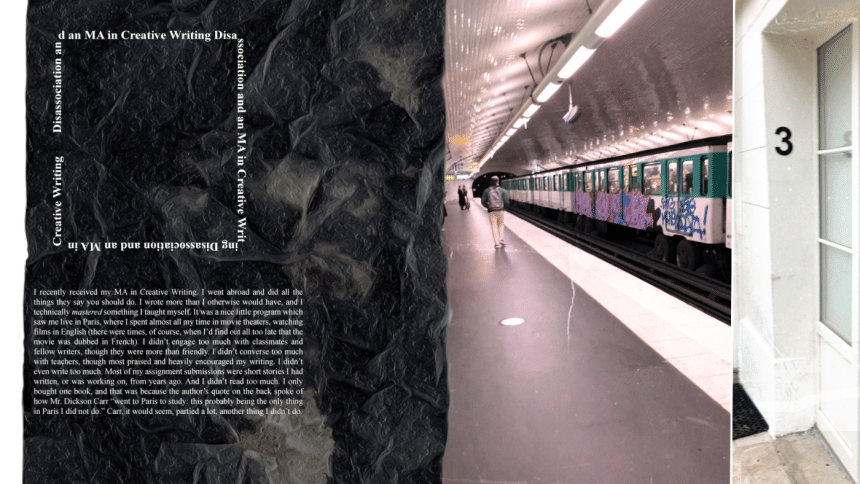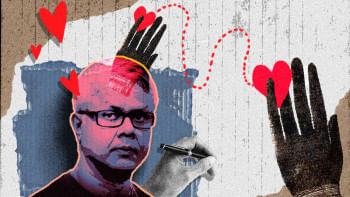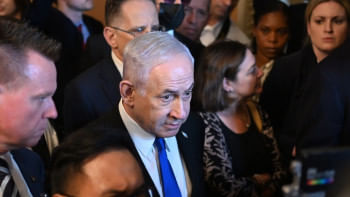Loneliness, and what I gained from a Creative Writing degree

I recently received my MA in Creative Writing. I went abroad and did all the things they say you should do. I wrote more than I otherwise would have, and I technically "mastered" something I taught myself. It was a nice little program which saw me live in Paris, where I spent almost all my time in movie theaters, watching films in English (there were times, of course, when I'd find out all too late that the movie was dubbed in French). I didn't engage too much with classmates and fellow writers, though they were more than friendly. I didn't converse too much with teachers, though most praised and heavily encouraged my writing. I didn't even write too much. Most of my assignment submissions were short stories I had written, or was working on, from years ago. And I didn't read too much. I bought only one book, and that was because the author's quote on the back spoke of how Mr. Dickson Carr "went to Paris to study: this probably being the only thing in Paris I did not do." Carr, it would seem, partied a lot, another thing I didn't do.
I spent a lot of the time regretting my coming to Paris (there were also a few instances of casual racism and dirty-looks received, but let's not get into that). I stayed up nights loathing myself, regretting pursuing a degree that didn't instantly make me a better writer, and that took me away from the few people I felt safe with. But I'm back in Dhaka now, and… I'm not writing as much.
See, a writer's worst enemy is a combination of time and themselves. How much time do you have in a day to sit down and write anything worthwhile? How do you allot time for work, for yourself, and for writing? Worse even, what do you do when writing is your work? This is what they say about writing anyway, these are the big ones. I can't speak for everyone, but "time" is a distant second in my enemy ranking. The biggest problem really is yourself—it is motivation.
What do you do when everyone encourages you to write but yourself? What do you do when your works have been published and people say you write well, and that's kind of validation enough? In our parts of the world, more so than any other, there are very few professional fields where you can find yourself being called a writer, especially in the English-language. What do you do when you've ticked those boxes and you don't know what more to do?
We can be defeated; we can stop writing; we can say, "Hey you were right" to those uninterested and discouraging people (and some of them will be friends and family); and truthfully, these feelings will always circle back to us. This is every writer. But writers don't write for these moments, we write it for those lucid moments where things just fall into place. It's this place in-between that we need a bridge to, where we find ways to reverse-engineer motivation. The ways work differently for different people, but the process, at its core, will be identical: you will have to find something that forces you to write and to think about writing. In my case it was my master's program, whether I knew it at the time or not.
Now, most degrees in Creative Writing would be MFAs (Masters of Fine Arts), where the whole program is structured around writing and no real coursework beyond that. The program I did at the University of Kent, though, implemented reading as well—reading to improve your writing, reading to better understand writing. These classes and discussions, built around reading, were more informal. There were no real obligations to participate, and no grades were lost in not reading your weekly readings. This, again, will force you to consider writing, even in the case where you're like me and you'll study everything one week and nothing the next. You will at the least absorb the discussion, the varying thought processes, by being in that same space.
The other half of the MA—and this is where grades are tallied—is exactly what you'd get from an MFA. The assignments, workshops, workshops, workshops. These were the sessions I'd look forward to, giddy with anticipation the night before. Someone actually reading your work, studying it, telling you what you do well, telling you what you can improve on, all phrased constructively ("I like this!" was a banned phrase). If you're pursuing writing, workshopping—on some level or another—is what you'll need.
Being a writer means you're trapped inside yourself, mining your inner workings and emotions for story ideas. And it's fair to say everyone has got their own issues they deal with, and being locked within yourself might not always be the healthiest thing. This is where other people come in. I got great feedback from my teachers, supervisors, and classmates. A lot of it, I still go back to; their criticisms, their praises. You don't grow at anything if you don't go beyond yourself. The MA, if nothing else, forced me to try more, to reverse-engineer a habit.
It's been a few months, and I'm writing again finally, submitting stories again, thinking of things to do again, and the fluffy bit of text I'd written on my application essay just to get accepted (something about "bettering the literary scene of Bangladesh in terms of English writing") is something I'm actively interested in. For our writers to go abroad, or even to stay here and advance their craft, we can come back and actually do something here. We just need something to force us to write more, and writing more will always be the only way to get better.
"My ambition is still to write a really outstanding detective novel, which I honestly do not believe I have yet achieved," said Carr, who wrote some 86 novels. He is obviously a bad example, because he was a white American and I didn't like his book. But there's a point there. "When a writer says this, what [they] really mean is that [they] want to write one which will make all other detective novels look silly. Of course you can't do it. But you can always keep on trying."
Mehrul Bari S Chowdhury is a writer, poet, and artist. He received his MA in Creative Writing with distinction at the University of Kent in Paris. He has previously worked for Daily Star Books, and is the editor of Small World City.

 For all latest news, follow The Daily Star's Google News channel.
For all latest news, follow The Daily Star's Google News channel. 








Comments